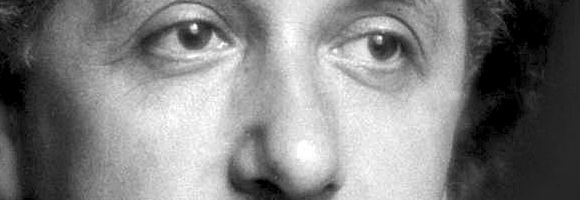einstein on sts

These quotes by ↑Albert Einstein (1879-1955) are a fine follow-up to ↵poincaré on sts:
We have thus assigned to pure reason and experience their places in a theoretical system of physics. The structure of the system is the work of reason; the empirical contents and their mutual relations must find their representation in the conclusions of the theory. In the possibility of such a representation lie the sole value and justification of the whole system, and especially of the concepts and fundamental principles which underlie it. These latter, by the way, are free inventions of the human intellect, which cannot be justified either by the nature of that intellect or in any other fashion a priori. […]
The natural philosophers of those days were, on the contrary, most of them possessed with the idea that the fundamental concepts and postulates of physics were not in the logical sense free inventions of the human mind but could be deduced from experience by “abstraction”—that is to say by logical means. A clear recognition of the erroneousness of this notion really only came with the general theory of relativity, which showed that one could take account of a wider range of empirical facts, and that too in a more satisfactory and complete manner, on a foundation quite different from the Newtonian. But quite apart from the question of the superiority of one or the other, the fictitious character of fundamental principles is perfectly evident from the fact that we can point to two essentially different principles, both of which correspond with experience to a large extent; this proves at the same time that every attempt at a logical deduction of the basic concepts and postulates of mechanics from elementary experiences is doomed to failure. (Einstein 1933)

